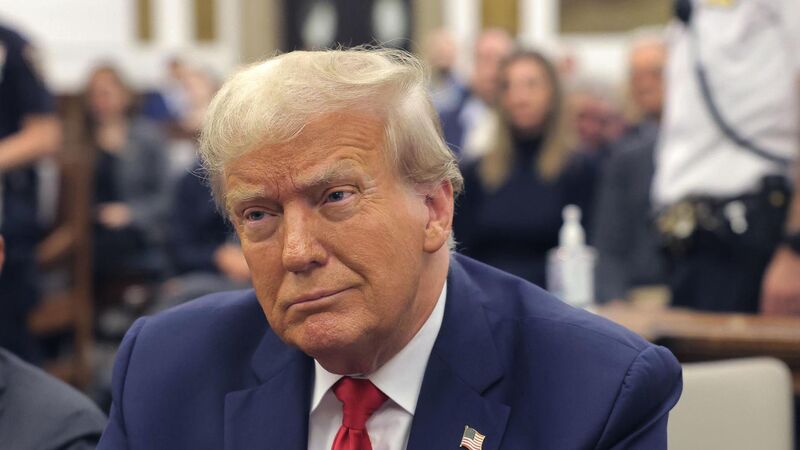Jim Power: Potentially seismic political developments to influence global economics in 2024

'If Donald Trump manages to make it to the starting line, there is every chance he could become the next US president,' writes Jim Power. Picture: Andrew Kelly via AP















